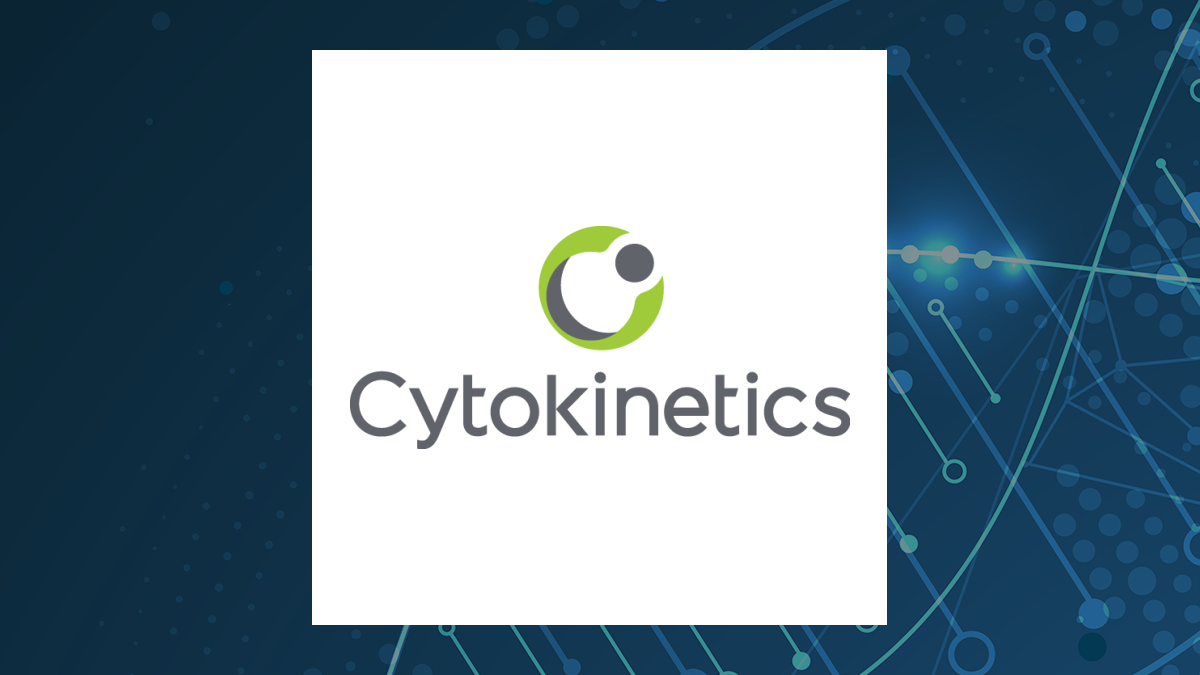AI Startup Hebbia Set to Transform Investment Banking Landscape

UPDATE: Hebbia, a Silicon Valley-based AI startup, is poised to revolutionize investment banking with its cutting-edge technology that streamlines tedious financial tasks. This urgent development comes as the company showcases its product, raising critical questions about the future of Wall Street.
During a one-hour live demo, I witnessed firsthand how Hebbia’s AI tools can drastically enhance productivity in investment banking. Founded in 2020, Hebbia has already secured significant clients such as KKR, T. Rowe Price, and Permira, indicating a strong demand for advanced technological solutions in finance.
The demo revealed that Hebbia aims to reduce the time investment bankers spend on repetitive tasks, freeing them to focus on strategic decision-making. According to Tom Reeson Price, the head of sales, the platform is currently utilized by “hundreds” of sell-side bankers, with the buy side being its largest market. This is crucial for firms that cannot justify spending $10 million to $20 million on in-house AI developments.
In 2024, Hebbia raised $130 million in a Series B funding round led by prominent investors including Andreesen Horowitz, Google Ventures, and billionaire Peter Thiel. The investment underscores the growing belief that AI will not only enhance productivity but also reshape the structure of investment banking.
Hebbia’s core feature, the “Matrix,” operates like a live research assistant, enabling users to query vast datasets and receive synthesized insights in mere moments. As Divya Mehta, a Hebbia executive, explained during the demo, this technology allows analysts to generate comprehensive analyses of potential acquisition targets, eliminating the need for manual data sorting.
The implications are profound. Traditional banking analysts, often overwhelmed by long hours and exhaustive workloads, may find relief in Hebbia’s capabilities. Mehta highlighted the platform’s ability to automate the creation of presentations and memos, significantly reducing the labor-intensive processes that have long plagued junior bankers.
As the industry shifts towards embracing AI, questions arise about the readiness of financial education and training programs. George Sivulka, Hebbia’s founder, emphasized that professionals who fail to adapt to AI technologies risk becoming obsolete. “If you don’t learn how to use AI, you will necessarily become obsolete,” he stated, underlining the urgency for current and future investment bankers to evolve alongside these technological advancements.
The demo showed how Hebbia’s AI tools could even assist in analyzing corporate earnings reports and identifying trends in financial disclosures, which are often complex and difficult to navigate. This capability could help uncover valuable insights that would otherwise go unnoticed.
With the financial sector already feeling the transformative effects of Hebbia’s innovations, the question remains: will these advancements lead to a more efficient and less burdensome work environment for investment bankers, or will they simply intensify the pressure to perform?
As we move forward, all eyes will be on Hebbia and its users to see if this technology can genuinely reshape the investment banking landscape. The urgency for banking professionals to adapt has never been greater, and the potential for AI to redefine the industry is now within reach.






